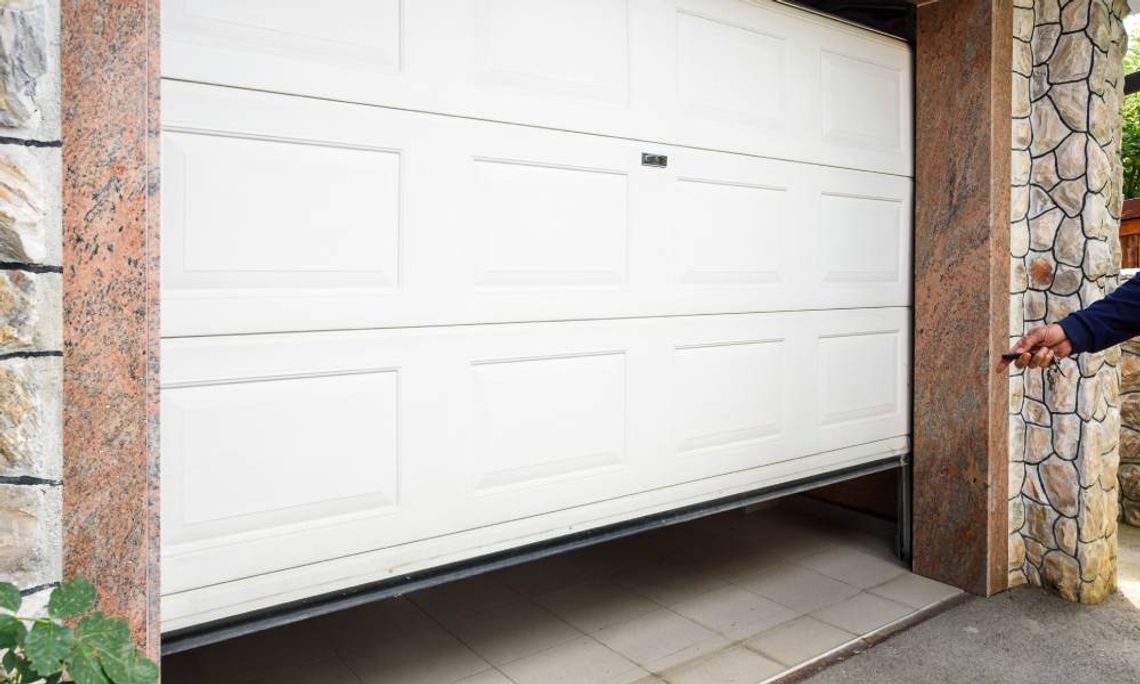A noisy garage door might seem like a minor inconvenience but ignoring it can lead to larger issues and costly repairs. Understanding why your door is suddenly louder than normal can help you address the problem effectively and extend the life of your system. Here are four common reasons why your garage door is making excessive noise, along with advice on how to handle each issue.
Wear and Tear on Rollers
Wear and tear on the rollers is one of the most common reasons behind a noisy garage door. With consistent use, the rollers—which guide your door along its tracks—can become damaged or worn out. When rollers are no longer functioning smoothly, they often create a rattling or grinding noise as they struggle to glide along the tracks. If your garage door has steel rollers, the noise can be particularly loud. Replacing old rollers with quieter nylon ones can be a quick fix that also helps your door perform more efficiently.
Loose Hardware
Garage doors rely on numerous nuts, bolts, and screws to operate correctly. If these components become loose, the system can make a series of unpleasant rattling or vibrating sounds during operation. Vibrations from the door’s repeated use often cause these tiny parts to loosen over time. Tightening all nuts and bolts using a wrench or socket tool may solve the noise issue. Pay extra attention to hinges and tracks, which are often the most impacted by wear and tear.
Lack of Lubrication
Another major cause of a noisy garage door is a lack of lubrication. If the moving parts of your garage door—such as hinges, springs, and rollers—are not properly lubricated, they can rub against each other and create a squeaking or screeching noise. Applying a high-quality garage door lubricant to all moving components can significantly reduce noise and keep the system running more smoothly. Ideally, you should add lubrication every six months as part of regular maintenance.
Misaligned Tracks
Warped or misaligned tracks can make your garage door screech, squeal, or even groan as it opens and closes. Over time, repeated use can cause tracks to bend or shift out of alignment, making the door struggle to move smoothly. A quick inspection can help you identify any gaps or bends along the track. While minor adjustments might be possible using a rubber mallet, you should leave significant track misalignment to a professional to avoid further damage.
When To Call a Professional
Although homeowners can often handle minor issues like tightening hardware or adding lubrication, other problems require professional expertise. If you notice persistent noise despite your efforts, visible damage to the door’s mechanisms, or the garage door begins operating erratically, it’s time to call in a specialist. Regular professional maintenance also has long-term benefits, as it prevents problems from developing and ensures your system’s proper functioning.
Enjoying a Quieter Garage Door
By addressing these reasons why your garage door is making excessive noise, you can enjoy a quieter and better-performing door. Regular inspections and maintenance reduce noise and extend the life of your system. If you notice issues you can’t fix on your own, reaching out to a professional will help ensure your garage door remains in excellent condition. Take steps today to achieve a quieter, more reliable garage door.


Comment
Comments